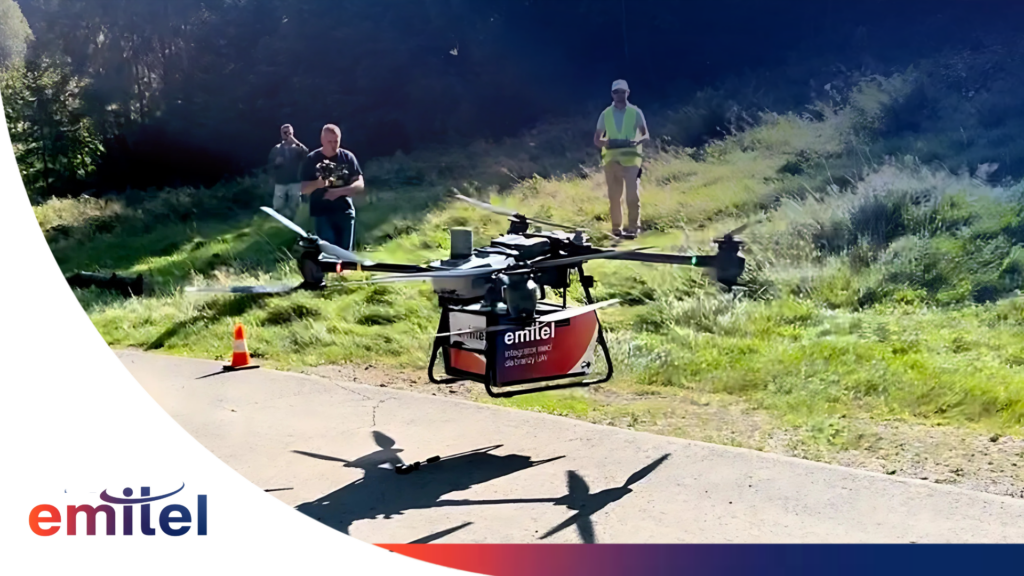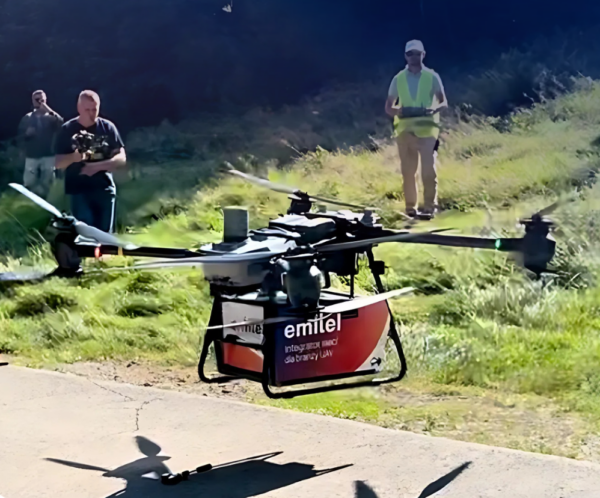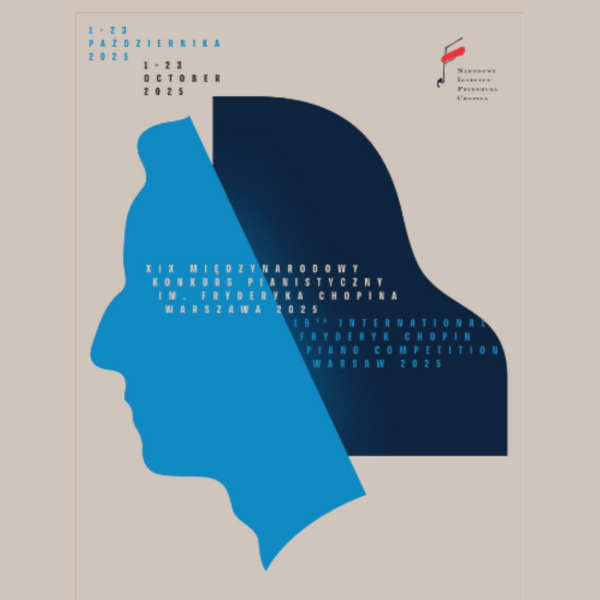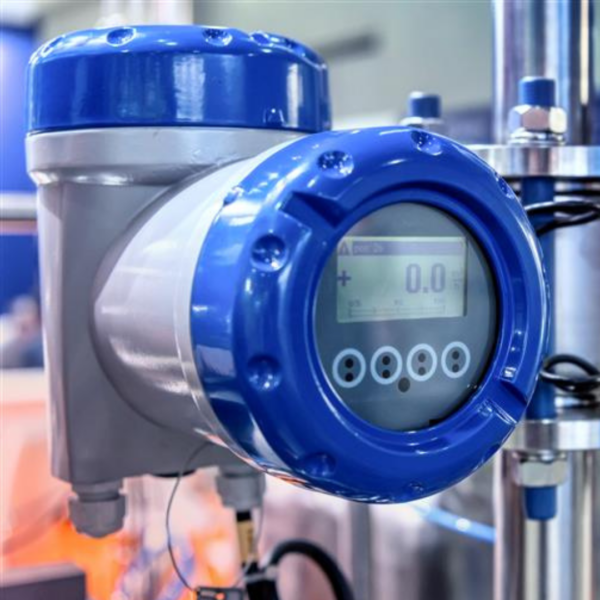Emitel has completed the first two stages of testing drone missions beyond visual line of sight (BVLOS). A DJI Flycart 30 drone was used to transport the cargo, with a total weight including payload of 95 kg. The flights were supervised via a special network, built by Emitel specialists at the company’s high-altitude facilities in the Silesian Beskids mountain range. Various flight scenarios were tested over the highest mountain peaks, both during the day and after dark.
In the not-too-distant future, drones will become an everyday part of the landscape above our heads and will be used for a variety of commercial tasks. The Drone Labs project, implemented by Emitel, focuses on testing various scenarios for the commercial use of drones. The tests carried out in the Silesian Beskid were intended, among other things, to test the transport and unloading capabilities in practice and to verify the parameters of the surveillance network.
Under current European Union regulations, airspaces combining unmanned and manned aircraft operations (so-called U-Spaces) require a specialised integrated network. What is more, these unmanned aerial vehicles need to constantly report their current location to ground-based receivers and other aircraft in the area in order to be able to operate in our skies. Emitel is the first company to obtain all regulatory approvals from the Civil Aviation Authority and the Polish Air Navigation Services Agency (PANSA) for flight implementation, to independently build and integrate a surveillance network and to successfully execute various test scenarios in demanding terrain and weather conditions. This approach replicates to the highest degree the conditions that the drones and the U-space operator will ultimately have to deal with.
“There are many opportunities for commercial applications of drones in the industry, logistics, agriculture, security or health. For this to be possible, the right infrastructure and solutions must be in place to unlock this potential. This is why Emitel has decided to get involved in the work of building this market segment and providing airborne U-Space. Testing improves our knowledge and competence, bringing us closer to the commercialisation of these technologies,” said Andrzej J. Kozłowski – President of the Management Board of Emitel S.A.
The tests used the DJI Flycart 30 drone, a high-tech transport aircraft recently made available to the global market. These are the first commercial flights using this model in Poland. The completed sessions included both day and night semi-autonomous flights, during which the drone successfully transported payloads weighing up to 30kg. These included both bulk, liquid and solid materials. Particularly noteworthy is the fact that during some of the flights, the drone took just five minutes to cover a route that traditional ground transport (e.g. an all-terrain vehicle) would have covered in over an hour in good weather conditions. In winter, on the other hand, covering this route “on wheels” would not be possible.
Importantly, the tested scenarios included not only standard flights, but also emergency situations. As the drone encountered obstacles in its path, it independently made the decision to bypass them or follow the emergency protection procedure for the transported cargo. Emitel’s approach therefore took into account not only the issues of speed and efficiency of cargo delivery, but also ensuring the highest safety standards. In the next phase of testing, the company plans to carry out fully autonomous flights, in which the pilot’s role will be limited to overseeing the missions of the unmanned craft, without actively intervening in their progress. The test U-Space in Szczyrk is not only a technological innovation, but also an important step towards the commercialisation of drone services in Poland.














